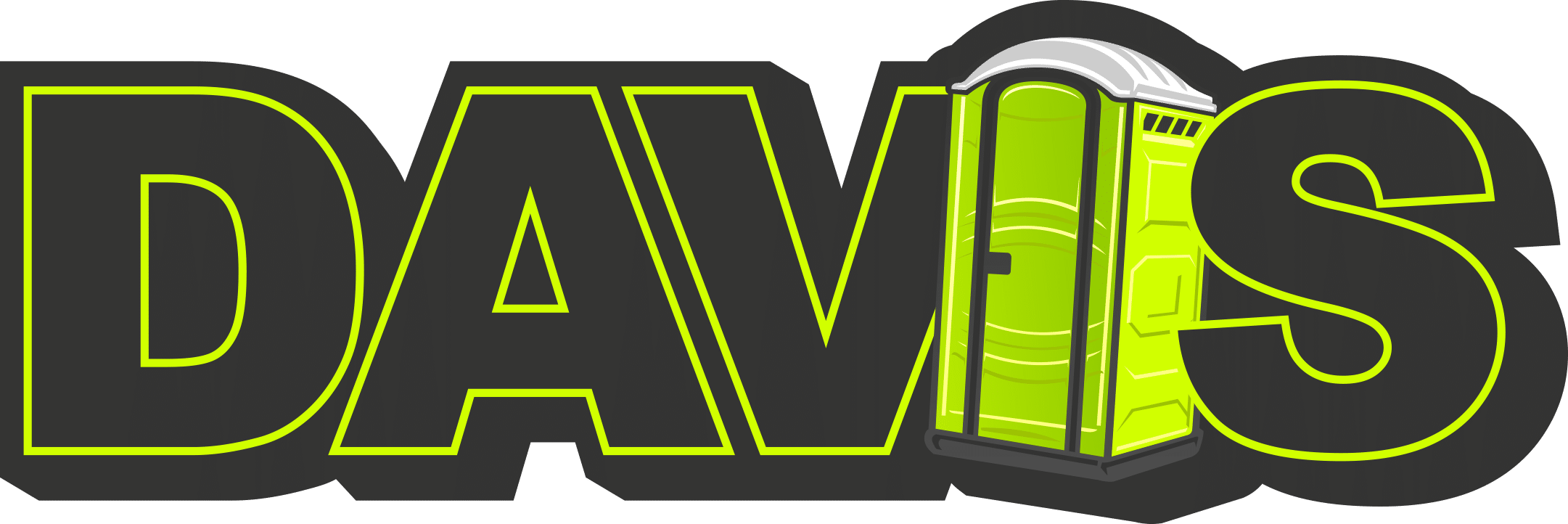Owning a home with a septic system comes with basic maintenance responsibilities. One of the most important tasks is ensuring the septic tank is pumped out regularly. Neglecting this essential upkeep can lead to expensive repairs and even health risks. But how do you know when your system needs attention? Let’s explore some common reasons why it may need to be pumped.
Routine Maintenance is Key
A septic system works by separating solid waste from wastewater. Over time, the solid waste, known as sludge, accumulates at the bottom, while lighter waste, or scum, floats to the top. The system allows liquids to flow into the drain field while the solids stay behind to be broken down by bacteria. However, it can’t break down all the waste on its own, and eventually, the tank fills up.
To keep the system working efficiently and prevent major issues, regular pumping is necessary. Most professionals recommend having it pumped every three to five years, depending on usage. Staying on top of this maintenance helps avoid costly emergency repairs or even system replacement.
Excessive Sludge and Scum Buildup
Even with routine care, sludge and scum gradually build up. If left unchecked, these layers reduce the tank’s ability to separate solids from liquids. Once it reaches capacity, solid waste can flow into the drain field. This leads to clogs and potential system failure, causing untreated wastewater to pool in the yard or back up into the house.
Excessive buildup can also strain the system, increasing the chances of breakdowns. Pumping out the contents before overflow occurs keeps the system functioning properly and protects the drain field from damage that could be costly to repair.
Signs Your System is Full
Your system often gives warning signs when it’s full. One of the most common indicators is slow drainage. If sinks, toilets, or showers start draining slower than usual, the system may need to be pumped. This happens when it can’t process incoming wastewater efficiently enough.
Backups inside the house are another clear sign that the spetic tank is full. When sewage starts coming up in sinks or toilets, it’s time for immediate action. The good news here is that Davis Portable Toilets will respond to your emergency 7 days a week. All it takes is one call.
Catching this problem early can prevent more serious damage. Gurgling sounds from drains or plumbing are also a clue that your system is overloaded and needs attention.
Pooling Water and Foul Odors
Standing water in the yard near the drain field or over the tank indicates a serious issue. When the system becomes too full, it overflows, causing untreated wastewater to rise to the surface. Along with pooling water, foul odors are another sign that it’s not working as it should.
Both of these problems should be addressed right away. They can be unpleasant and pose potential health hazards. If you see or smell these signs, schedule a pump-out as soon as possible.
Increased Water Usage
A sudden increase in household water usage can cause the septic tank to fill more quickly than expected. Hosting guests, adding a new bathroom, or frequently running water-based appliances can overload it. When more water enters than the system can handle, it fills up at an accelerated rate.
For example, if your home usually supports a family of four and you host additional family members for an extended period, the extra water use could overwhelm the system. By monitoring household water use, you can prevent premature overflows.
Drain Field Issues
The drain field plays a key role in processing wastewater. When working properly, liquids flow from the tank into the drain field, where they are filtered and absorbed into the ground. If the field becomes clogged, your system may stop absorbing liquids, causing it to back up.
Pumping out the system relieves pressure on the drain field and helps prevent more severe issues. However, if the field is already failing, regular pump-outs may only serve as a temporary fix. A professional inspection may be needed to assess whether the drain field requires repair.
Preventing System Damage
Routine pumping does more than just keep the septic tank clean—it protects the entire system from damage. When too much solid waste reaches the drain field, it can cause irreversible harm. In many cases, a clogged drain field will require costly repairs or replacement.
By maintaining a regular septic tank pump-out schedule, you can extend the life of your system and avoid major expenses. Most homeowners find that routine care costs far less than the repairs needed for a neglected system. Davis Portable Toilets provides expert pumping services to keep your system in optimal condition.
Stay Ahead of Problems
Understanding when to schedule a pump-out helps prevent significant issues. Routine maintenance, being mindful of warning signs, and managing household water use can keep your system running smoothly. If you’re unsure when your system was last pumped, it’s a good idea to get it inspected. The professionals at Davis Portable Toilets are ready to help keep your system functioning efficiently. Just call us and we will have a solution on the way.
